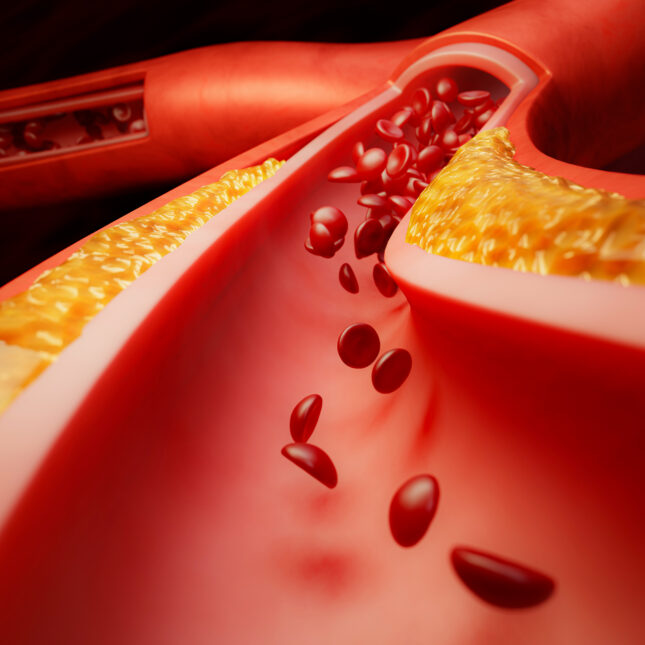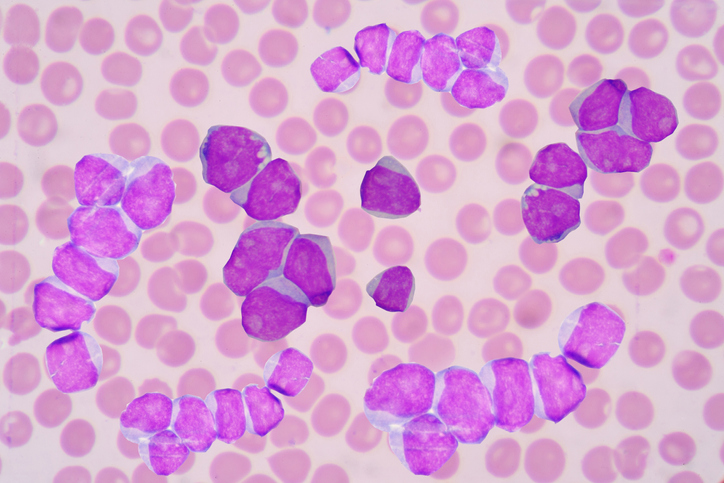The biological drug market is witnessing significant growth, with 18 biologics approved by the US FDA in 2024, compared to just 12 in 2021. This surge is largely driven by a robust pipeline of innovative therapies. Given that biologics are typically administered via injection due to their large molecular size and sensitivity to degradation, it becomes imperative to manufacture, fill, and finish these products in a sterile environment compliant with EU Good Manufacturing Practice (GMP) guidelines.
The diversification of container formats beyond traditional vials is a direct response to the evolving needs of the biologics sector. Selecting the appropriate container format is critical for achieving the target product profile (TPP), as each format presents unique advantages and challenges. Factors such as material compatibility, viscosity, and container closure integrity must be meticulously evaluated to ensure product safety and efficacy.
Moreover, the choice of container impacts not only the drug’s stability but also patient experience, especially for self-administered therapies. As the industry moves towards more convenient administration methods, including subcutaneous injections, the importance of container selection will only intensify. Engaging with expert partners in sterile fill and finish processes will be essential for biopharmaceutical companies to navigate these complexities and ensure commercial success.
Start your 7-day trial and see what the database can do →



